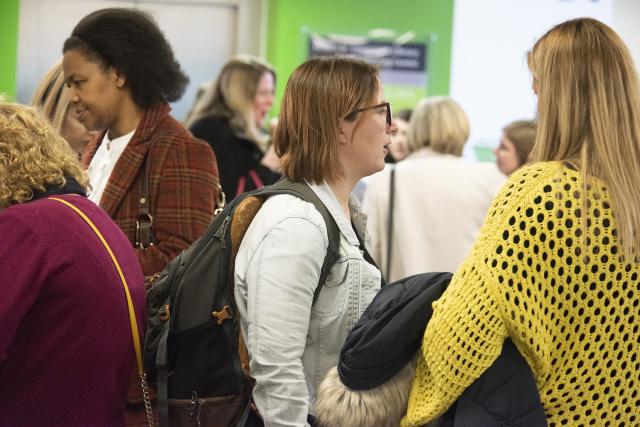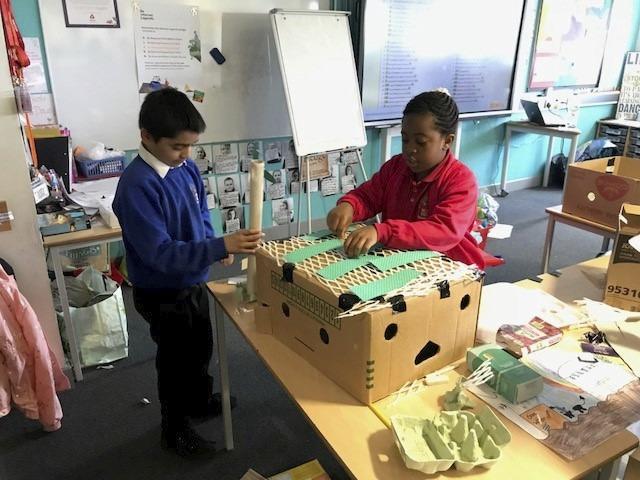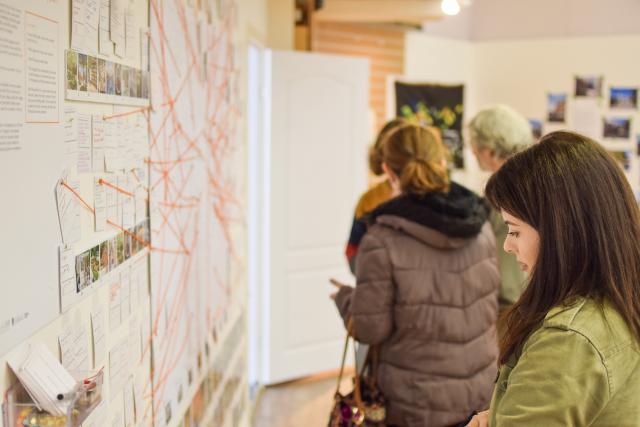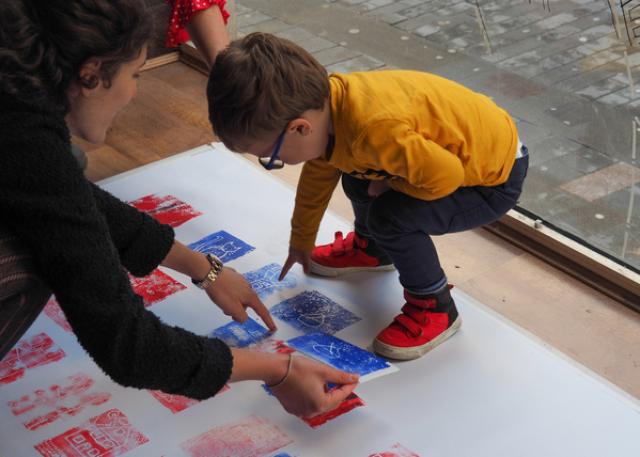Associate Director, Chithra Marsh, explores how an inclusive approach to social value can help deliver real benefits and enhance the wellbeing of all within a community.


The UK government acknowledged the importance of social value in 2012 with the passing of the Public Services (Social Value) Act. Since then, delivering social value and demonstrating the social, economic and environmental impact of projects has rapidly moved up the political and procurement agenda. As a result, organisations across the construction supply chain are working hard to embed social value in their approach to ensure that developments deliver long-term benefits for the communities they serve.
Well-designed buildings and places can encourage activity, create positive emotional responses and promote health and wellbeing. Good design is not just about the aesthetic improvements to our environment, it also contributes to improved quality of life, equality of opportunity, and economic growth.
However, in order to deliver true social and economic benefit for all, we need to begin with a clear understanding of who we are designing for, alongside a recognition that each community and local authority has different priorities. Now, more than ever, it is more important that we don’t deal with communities as homogenous groups but recognise the richness and diversity of their makeup. A one-size approach cannot fit all.
Meaningful design workshops and meetings aligned with the design and construction phases promotes active and open engagement throughout, while creating conversations that are transparent makes a community feel heard and valued. Equally, proactive consultation can help develop trust and understanding between those designing and those who will ultimately live, work or engage in the spaces created, encouraging communities to feel empowered as the proposals emerge and ultimately take ownership of the finished design.
At Buttress, we develop bespoke consultation programmes and work with social enterprise, PLACED, to connect with communities at a grassroots level. In collaboration with them, we run educational workshops, design reviews and deliver consultation events with communities that are aimed at reaching the widest range of people at local level. In response to recent events we, alongside PLACED, have adapted quickly to a new digital approach delivering virtual workshops, answering questions online, developing videos of proposals to ensure that communities continue to feel engaged and part of the conversation.


We also recognise delivering effective social value needs to be born out of an internal culture that fosters the same values. At Buttress, we promote inclusivity within our studio and seek to create a culture that embraces the merits of social value. We do this by encouraging our staff to get involved and support the communities we work with and volunteer to support the next generation of built environment professionals. With equal importance, we also understand that we have a responsibility to look after our staff. We have a range of initiatives to help our staff feel valued, supported, and able to fulfil their potential.
Harnessing an understanding of social value and its impact within communities shouldn’t end on project completion. Measuring outcomes in both the long and short term allows us, as an industry, to demonstrate where difference has been made. It can also highlight shortcomings that need to be addressed to ensure that positive outcomes can be continued to delivered for all in every instance.
At present, there are various discussions taking place across the industry in an attempt to fully define and effectively measure social value outcomes. Recent events with the COVID-19 pandemic have added a further level of complexity to this challenge and it is important to appreciate and understand the short and long term effects of this and how this pressure is experienced by communities and businesses at a local level.
As a practice we continually seek ways to enhance our understanding and delivery of social value. We do this by absorbing guidance, taking part in industry discussions and investigating toolkits that can inform our measurement approach. Taking a proactive approach enables us to adjust and adapt what we do, so that we can feel confident that we are offering true social value and enhancing the wellbeing of all within the communities in which we work.
We are keen to collaborate with other like minded organisations to learn and share ideas. Please join us in the wider conversation.